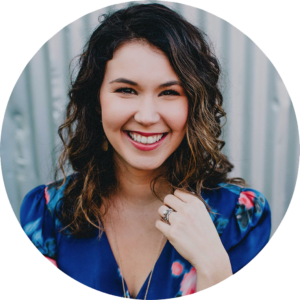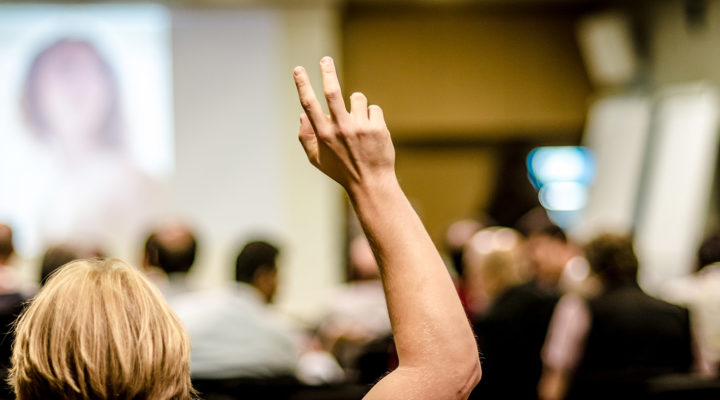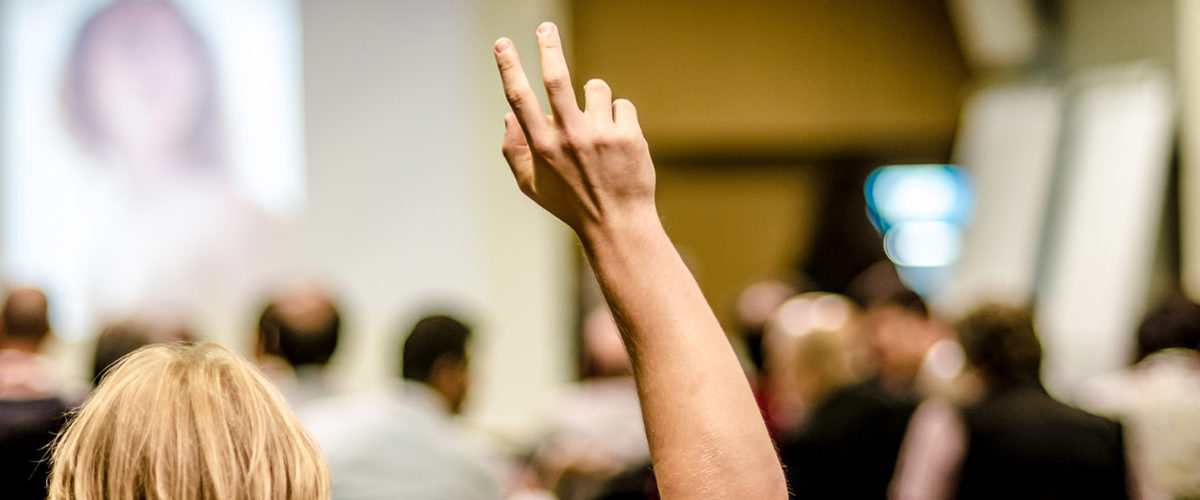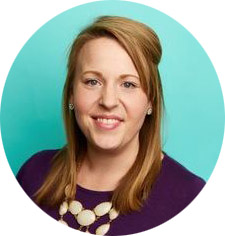A decade after Southern Baptist Convention seminaries were adding academic programs in homemaking to advance the denomination’s new emphasis on traditional gender and family roles in the church and home, at least one is creating opportunities for female students to engage in serious academic study alongside men preparing to be pastors.
Last week Southeastern Baptist Theological Seminary in Wake Forest, N.C., formally announced creation of the Society for Women in Scholarship, a group created by students to provide opportunities for networking, learning and leadership development among women seeking a place at the table in theological scholarship.
The society, part of the seminary’s “Kingdom Diversity” initiative launched in 2013, aims to help women who are academically and theologically gifted thrive in an academic setting overwhelmingly dominated by men.
Like the other five SBC seminaries, Southeastern abides by the 2000 version of the Baptist Faith and Message, which among other things prescribes wifely submission in marriage and limits the office of senior pastor to men.
“Women are our largest and most diverse minority group on campus,” said Walter Strickland, special adviser to the president for Kingdom Diversity. “I’m convinced that the fruit of the society will extend beyond the confines of the group by emboldening women to contribute more readily in the classroom discussion, providing opportunities to publish written work and by sponsoring events for both genders to think deeply about the Christian faith.”
The idea started a little over a year ago over coffee when two female students at Southeastern sat down to talk about their academic ambitions.
One of them, doctoral student Bekah Stoneking, grew up in church and while in college believed that God was leading her to go to seminary. Feeling particularly gifted in teaching and public speaking, she worried what kind of jobs she would find afterward, but she chose Southeastern so she could learn “within the guardrails of our convention’s confessional documents.”
At first she struggled to find her place.
“It became super-obvious to me that I was outnumbered, sometimes being one of only two or three women in my classes,” Stoneking described the experience in a seminary blog. “I felt weird because I didn’t have a seminary vocabulary and I still really liked to wear my sorority t-shirts.”
Entering advanced studies she embraced her “inner Elle Woods,” the protagonist of Amanda Brown’s novel Legally Blonde popularized on film by actress Reese Witherspoon. Stoneking writes about her transition from sorority girl to seminarian in a blog titled Theologically Blonde.
“For years, I felt like I had to be someone else in order to make it in seminary,” Stoneking said. That changed when she found multi-faceted friends with similar experiences.
“What I thought would be a cookie-cutter experience (where I was the random pink sprinkle that didn’t quite fit into the mix) is actually shaping up to be one of the richest, most vibrant experiences of my life,” she declared.
While seminaries do and should encourage women gifted in areas like hospitality, encouragement, prayer and music, society members say not everyone fits that mold.
 “For any woman in seminary whose husband is not, eyebrows sometimes get raised,” graduate student Ashley Marivittori Gorman shared in a blog titled “9 Ways My Husband Spiritually Leads Me Even Though I’m the One in Seminary.”
“For any woman in seminary whose husband is not, eyebrows sometimes get raised,” graduate student Ashley Marivittori Gorman shared in a blog titled “9 Ways My Husband Spiritually Leads Me Even Though I’m the One in Seminary.”
“Questions get asked,” Gorman said. “Shade gets thrown. What are you doing here? Does your husband go here? What exactly do you want to do with your degree? Wait, but what does your husband do?”
In addition to the Baptist Faith and Message,” Southeastern also affirms the Danvers Statement on Biblical Manhood and Womanhood, a 1987 document opposing the rise of “feminist egalitarianism” in evangelical Christianity.
The Society for Women in Scholarship does not reject “complementarianism,” the view that God creates men and women for different and complementary roles, but it does seek to challenge limits on women the founders say are driven more by church culture than the Bible.
“There is a systemic fear that women exercising certain gifts could undermine complementarianism and start us on a slippery slope to outright denial of gender roles,” co-founder Amber Bowen said in a blog discussion of gender and giftedness last October.
“Within the church, there is one limit for women: the office of the pastor/elder. Rather than being fixated on the one limit for women in the church, we should turn our efforts to exploring all the possibilities for women in the church.”
Bowen, who is pursuing a master’s degree in philosophy of religion and plans to begin Ph.D. work this fall, said the group’s leaders don’t want to be “gender blind.”
“To do so would neutralize a type of diversity that God intentionally established in his creation,” she said. But that doesn’t mean that evangelical women have “to check either their gifts or their gender at the door.”
“Within the church, there is one limit for women: the office of the pastor/elder,” Bowen said. “Rather than being fixated on the one limit for women in the church, we should turn our efforts to exploring all the possibilities for women in the church.”
“Women are free to study and contribute to the body of scholarship in anything from missions to theology to dead languages if they are so inclined,” Bowen said. “As they pursue these endeavors, they bring their unique experience, perspective and voice as women to the table, greatly enriching the dialogue and body of scholarship as a whole.”
Bowen said that presence and voice “can and should serve as an encouragement to their brothers, not a discouragement to them.”
“Theologically robust women with well-cultivated giftings can only be a benefit and not a harm to the church,” she said. “Women may push the boundaries of the (sub)culture without transgressing the terrain Scripture lays out for them.”



